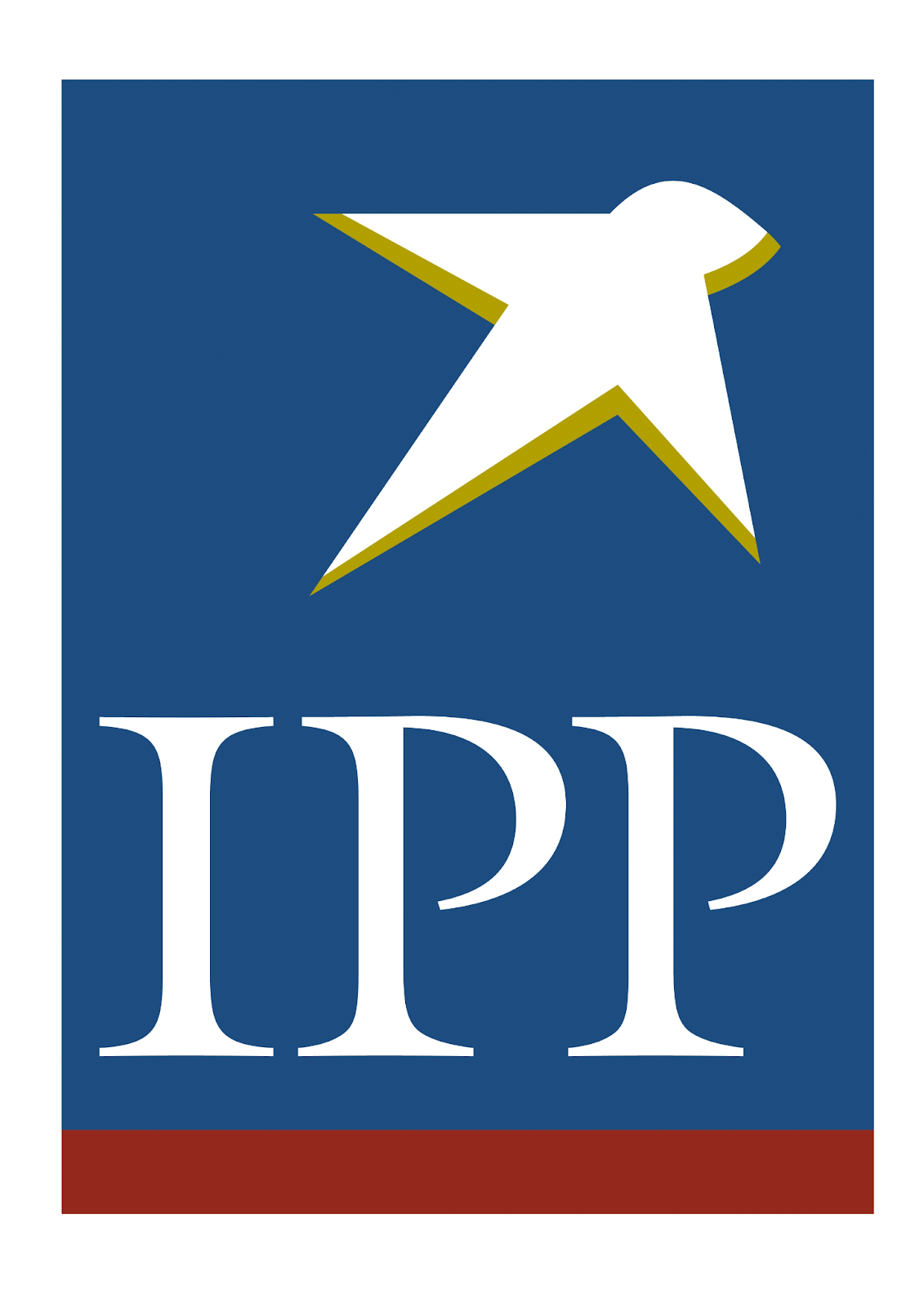
Best Retirement Plan Singapore: Secure Your Financial Future From 2025
Why Retirement Planning is Crucial
Increasing Life Expectancy: Singaporeans now have one of the highest life expectancies globally, at 83.5 years. This means retirement savings need to last longer than ever before.
Rising Cost of Living: It is estimated that retirees may need between S$1,200 and S$3,500 monthly to maintain a modest to comfortable lifestyle. With inflation and increasing healthcare costs, this amount is likely to rise.
Inadequate Savings: Despite CPF contributions, many Singaporeans are not saving enough. Only 7 in 10 active CPF members turning 55 in 2023 were able to meet their Basic Retirement Sum.
Planning for Retirement from 2025

Several key changes will impact retirement planning:
CPF Changes: Starting 2025, the Special Account (SA) will close for members aged 55 and above, consolidating funds into a new Retirement Account (RA).
Full Retirement Sum (FRS): The FRS for 2025 is set at S$205,800, ensuring lifelong monthly payouts under the CPF LIFE annuity scheme.
Inflation Concerns: With Singapore’s headline inflation at 5.6% in May 2022, protecting purchasing power becomes crucial. The GST rate at 3% in 2002, has increased to 9% in 2025.
The MoneySense National Financial Capability Survey 2023 revealed several key findings:
Improved Retirement Planning: About 51% of Singapore residents had developed a retirement savings plan in 2023, up from 46% in 2021.
Youth Engagement: Among youths, approximately 40% had developed a retirement savings plan, an increase from 32% in 2021.
Positive Financial Behaviors:

- 80% of respondents budgeted and tracked their daily spending.
- 70% maintained at least three months of expenses as emergency savings.
- The majority actively saved, paid bills on time, and demonstrated basic financial knowledge about inflation.
- Financial Literacy: Youths showed higher levels of financial literacy compared to the general population.
- Room for Improvement: Despite the positive trends, there is still scope for more Singapore residents to start early and take action for their financial and retirement planning.
- Consistent Trends: The 2023 survey findings were similar to those from 2021, indicating a consistent pattern of good money management behaviors among Singaporeans. [1]
As Singapore continues to evolve economically, the rising cost of living and inflation have become pressing concerns for residents across all age groups. While the city-state’s inflation rate stood at 1.6% in December 2024, the impact on daily expenses and long-term financial planning cannot be underestimated.
The Impact of Inflation on Future Expenses

- Inflation erodes purchasing power over time, affecting various aspects of life:
- Daily Living Costs: Food inflation in January 2024 was about 3.3%, affecting both home-cooked meals and dining out. Transportation costs have also seen significant increases, with overall monthly expenses growing 22.2% in May 2022 compared to income growth of just 11.1%.
A quick peek into the daily cost of a working adult’s lunch.
In Singapore, the cost of lunch varies significantly depending on the location and type of dining establishment. Here’s a breakdown of typical lunch costs for one person in both the Central Business District (CBD) and industrial areas.
A lunch at a hawker centre like Lau Pa Sat can cost around S$5 to S$10. Dishes such as chicken rice or laksa are popular choices. Approximately S$7 for a decent meal without factoring beverage choice.
Cafés in the CBD, such as those in Telok Ayer, offer lunch options ranging from S$10 to S$20. For instance, a pasta dish or a sandwich with a drink might cost around S$15.
Lunch specials at a casual dining restaurant start from S$14, while a more elaborate meal could easily reach S$30 or more.
In comparison, the cost of lunch in an industrial area.
Hawker centres still provide affordable meals, often priced between S$4 to S$8. Dishes like fried rice or curry noodles are common. Typically, a lunch would cost about $5.50 without a drink.
Cafés in industrial zones may have slightly lower prices than those in the CBD, with meals ranging from S$8 to S$15, such as a burger or salad with a drink totally about $12 for lunch.
Casual dining restaurants in industrial areas might offer lunch sets starting from around S$12, with full meals averaging around S$20 to S$25.
Typical Cost: Expect to pay about S$18 for a complete meal.
Summary of approximate lunch costs
|
|
Central Business District S$ |
Industrial area S$ |
|
Hawker centre |
7 |
5.5 |
|
Café |
15 |
12 |
|
Casual Restaurant |
25 |
18 |
These examples illustrate how location influences dining costs in Singapore, with the CBD generally being more expensive than industrial areas. The estimate cost is based before the GST adjustment.
- Healthcare: Medical costs in Singapore have been rising at an alarming rate, with medical cost inflation reported at 10% in 2018. This trend is likely to continue, making healthcare a significant expense for retirees.
The Ministry of Health had already in 2008 reported an estimated increase in healthcare cost. [2]
The best approach to cope with rising healthcare cost is ultimately for all to stay healthy as seen in the national direction to get Singaporeans to adopt a healthy lifestyle. In a good retirement plan, financial considerations to manage chronic or urgent, serious medical care has to be considered through savings, or more prudently a good hospital insurance coverage.
- While property prices are still rising, the rate of increase has slowed compared to previous years, likely due to various cooling measures implemented by the government and global economic factors. In land-pressured nation, residents of Singapore may need to make choice at the time of retirement to consider various options for HDB ownership. Private property owners may opt to cash out. Careful considerations need to be made within the current government guidelines for property ownership.
- Education: The cost of education increased by 74.7% from 2003 to 2023, putting additional pressure on families with school-age children.
While the education inflation rate of 2.7% in 2023 was lower than the overall inflation rate, the cumulative effect of years of increases has put additional pressure on families with school-age children.
This is further evidenced by the fact that families in Singapore spent 1.8 billion dollars on private tuition for children in 2023, highlighting the financial commitment many parents make to supplement their children’s education. [3]
- Singaporeans now enjoy one of the highest life expectancies globally, at 83.5 years. This longevity, while a positive development, presents challenges for retirement planning. Extended Retirement Period: With longer lifespans, retirement savings need to last 20-30 years or more.
Why Retirement Planning is Essential

CPF Changes: From January 2025, the Special Account (SA) will close for members aged 55 and above, consolidating funds into a new Retirement Account (RA). The Full Retirement Sum (FRS) for 2025 is set at S$205,800.
To address these challenges, Singaporeans need to focus on creating sustainable income streams post-retirement. This may include:
- Maximizing CPF contributions and optimizing CPF LIFE payouts
- Investing in a diversified portfolio of assets that can potentially outpace inflation to further enhance the CPF payouts.
- Considering part-time work or freelance opportunities during retirement
- Exploring annuity products for guaranteed lifetime income
The combination of rising living costs, inflation, and increased longevity underscores the importance of early and comprehensive retirement planning. Singaporeans must take proactive steps to secure their financial future, ensuring they can maintain their desired lifestyle throughout their golden years.
Understanding these costs is essential for budgeting, especially given the rising cost of living and inflation in Singapore. As individuals plan their finances, particularly those in their 30s or families with children, being mindful of daily expenses like lunch can help manage overall living costs effectively.
Why Choose IPPFA for Your Retirement Planning?

Expertise and Experience
With over 40 years in the industry, IPPFA boasts a team of nearly 500 financial adviser representatives providing expert guidance. They manage over SGD$2 billion in assets, demonstrating their clients’ trust.
Retirement Investment Planning
Recognizing the impact of inflation, IPPFA advisers, backed by a team of Investment Specialists, provide expert advice on growing your money to meet retirement objectives. They determine the investible proportion of your savings and income, calculating the required returns to achieve your retirement needs.
IPPFA provides comprehensive retirement planning services for clients in Singapore. Their retirement planning services include:
- Financial Planning: IPPFA advisors assess your current financial status and develop a plan to help you meet your retirement goals.
- Investment Advice: They offer guidance on growing your money to meet retirement objectives, considering factors like inflation.
- Insurance Advice: IPPFA assists with comprehensive insurance solutions to protect against setbacks that could affect retirement plans.
- Personalized Approach: Their advisors work closely with clients, employing a six-step financial planning process focused on wealth accumulation, management, and distribution.
- Long-term Planning: IPPFA aims to ensure financial security throughout your life and into retirement, while also considering legacy planning for future generations.
Here’s a case study of how IPP Financial Advisers (IPPFA) helped a client build a strong retirement plan:
R Wong Associate Director at IPPFA, assisted Ms. Tan, a Financial Controller at an MNC, in optimizing her income protection and wealth creation strategies. When they first met in 2009, Ms. Tan was in her early 40s with two primary goals: protecting her income and wealth, and building financial security for retirement.
Over a decade of working together, Wong helped Ms. Tan achieve the following outcomes:
Established a financial security blanket to protect her income in case of unexpected events or early retirement.
Enabled her to retire comfortably 5 to 10 years earlier than expected with a lifetime income stream.
Implemented wealth strategies that provided a lump sum payout, allowing her to tick off a bucket list item and further boost her retirement funds.
Set up a plan guaranteeing a steady flow of passive income during her golden years.
As a result of his guidance, Ms. Tan now has a well-addressed retirement plan and feels secure about her financial future. Wong continues to review her financial portfolio regularly, ensuring it aligns with her current financial status and lifestyle5.
This case study demonstrates IPPFA’s commitment to long-term client relationships and their ability to create comprehensive, personalized retirement plans that evolve with the client’s needs over time.
What is the minimum age to start a retirement plan?
Starting a retirement plan has no age limit, and the best time to begin is now. The sooner you start, the more you benefit from compound interest and develop strong financial habits.
● Can I withdraw my funds early?
CPF withdrawals start from age 55, and at different stages. The CPF system is designed to provide monthly payouts throughout retirement, and withdrawing funds early reduces the amount available for these payouts. It’s important to note that early withdrawals may significantly impact your retirement income.
● How does CPF LIFE compare to private annuities?
CPF LIFE offers higher value and security, while private annuities provide more flexibility and features. Your choice depends on your retirement goals, risk tolerance, and desired payout structure.
● How does IPPFA personalize my retirement plan?
A six-step financial planning process is employed to focus on wealth accumulation, management, and distribution.
Contact us for more information.
IPP Financial Advisers Pte Ltd
78 Shenton Way #30-01
Singapore 079120
Tel: 65 6511 8888
Email: enquiry@ippfa.com
The article above should not be taken as financial advice. Investments and their corresponding products have risks. Please seek advice from a financial adviser representative before making any investment decisions. In the event that you choose not to seek advice from a financial adviser representative, you should consider whether the investment or product in question is suitable for you.
IPP Financial Advisers Pte Ltd
78 Shenton Way #30-01 Singapore 079120 | Tel: +65 6511 8888 | enquiry@ippfa.com |
IPP Financial Advisers Pte Ltd
78 Shenton Way #30-01 Singapore 079120
Tel: +65 6511 8888 | enquiry@ippfa.com
